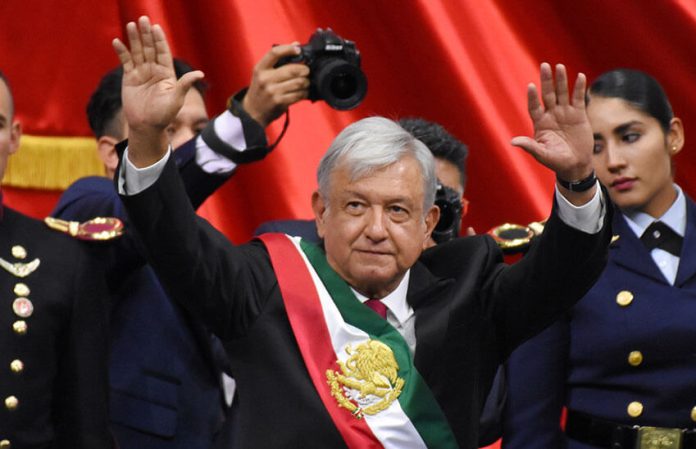President López Obrador was famous for defying political gravity. Mediocre economic growth failed to dent his popularity. One of the world’s worst excess death tolls from coronavirus did not damage the rude health of his poll ratings. Voters seemed not to blame him for shocking levels of drug-related murders, or for funnelling scarce public investment into vanity projects such as a US $12.5-billion oil refinery that lacks any economic logic.
The explanation lies in the strength of López Obrador’s political brand. His beliefs may be rooted in the nationalist, big-state Mexico of the 1960s but the president’s folksy, down-to-earth charm and frugal lifestyle convinced ordinary Mexicans he was one of them. Astute control of the political agenda via a marathon daily news conference broadcast live also helped. Above all, López Obrador promised a clean break with the corruption that he said flourished under his predecessors.
So when news broke that López Obrador’s eldest son, José Ramón, had been living in a luxury house in Texas with a private cinema and a large swimming pool, the news jarred with the president’s austere public image. The owner was a former executive with Baker Hughes, an oil services group that is one of the biggest contractors to Mexico’s state oil company Pemex. (Baker Hughes said an external audit found no irregularities.)
The president at first tried to brush off the affair. Then he lashed out at Carlos Loret de Mola, one of the journalists who broke the story, as a “mercenary coup-monger.” He showed a slide at his daily news conference detailing what he claimed was Loret de Mola’s annual income from various employers (the journalist said the numbers were inflated).
The disclosure of a private individual’s financial information would be reprehensible anywhere. In one of the world’s most deadly countries for journalists, with five reporters murdered this year, it was indefensible.
Weeks after the initial disclosures, the president has failed to quash the “Grey House” affair and his ratings have slipped to their lowest level since he was elected, though a still-respectable 54%. The promise of an official investigation does not reassure: the attorney-general helped advise the president’s election campaign.
When running for office, López Obrador correctly diagnosed many of Mexico’s ills: rampant corruption, mediocre economic growth and gaping inequalities. His landslide victory in 2018 gave him the strongest of mandates to tackle them.
Yet, in the first half of his term, these problems only worsened: poverty increased and drug violence is out of control. Mexico is the only major Latin American economy yet to recover pre-pandemic levels of output, thanks to a misguided government refusal to support the economy during coronavirus. Foreign investors have been scared off and the country’s institutions are under attack from an increasingly intolerant and quixotic leader.
Nearshoring should represent a golden opportunity for a large manufacturing economy located on the U.S. border, yet López Obrador’s government has signally failed to capitalize on it. The same is true of renewable energy.
The “Grey House” affair offers Mexico’s president an opportunity to rethink his policies and deliver on his election promises. If he fails to do so, his “fourth transformation” project risks being remembered as one that dragged Mexico back to the 1960s rather than propelled it forward into the 21st century.
Copyright The Financial Times Limited 2022. All rights reserved.
